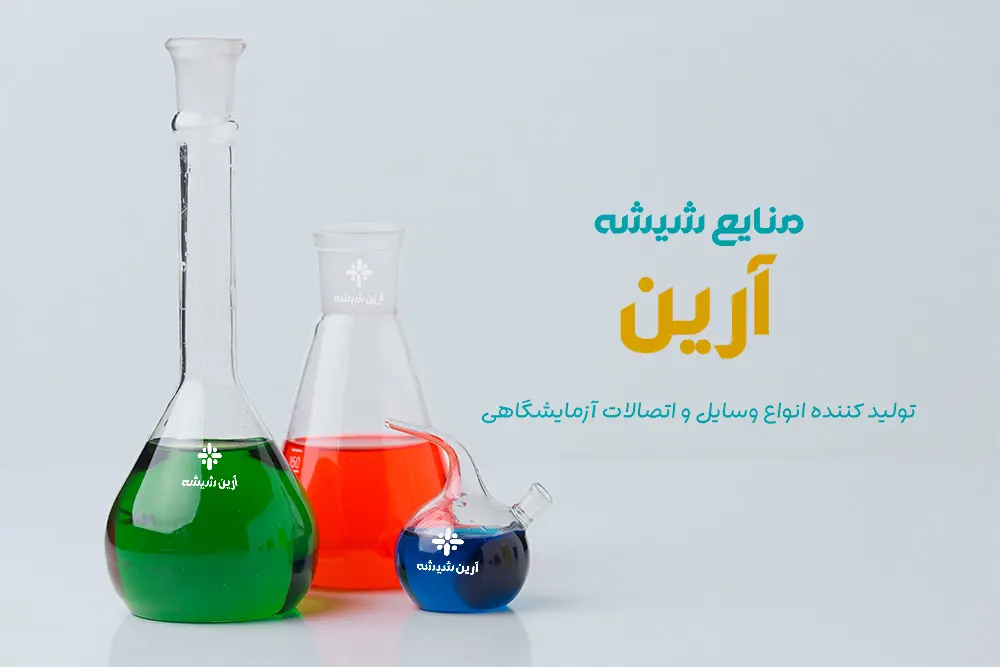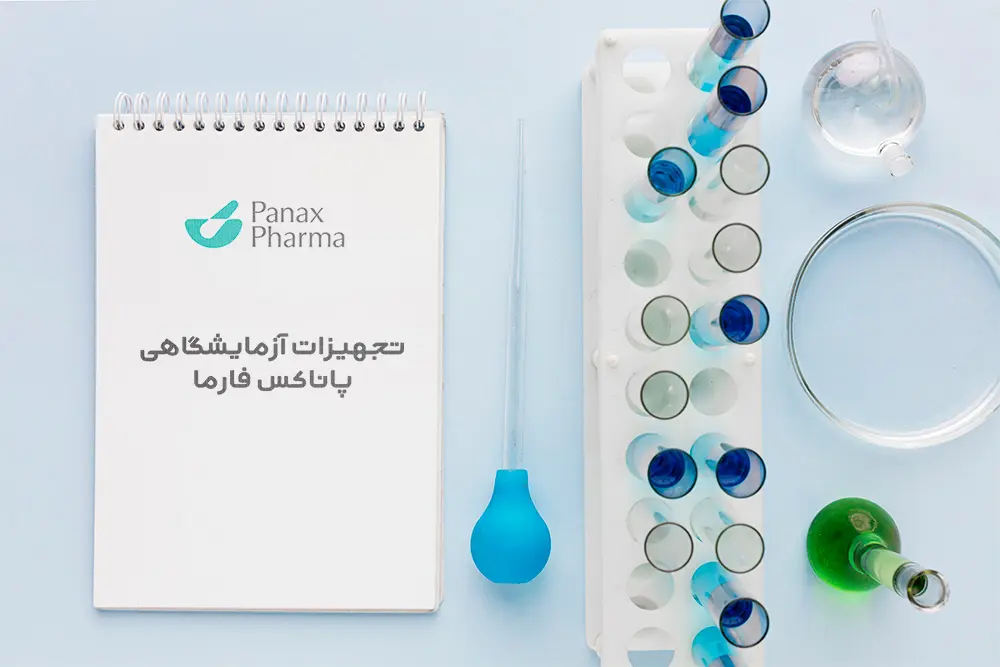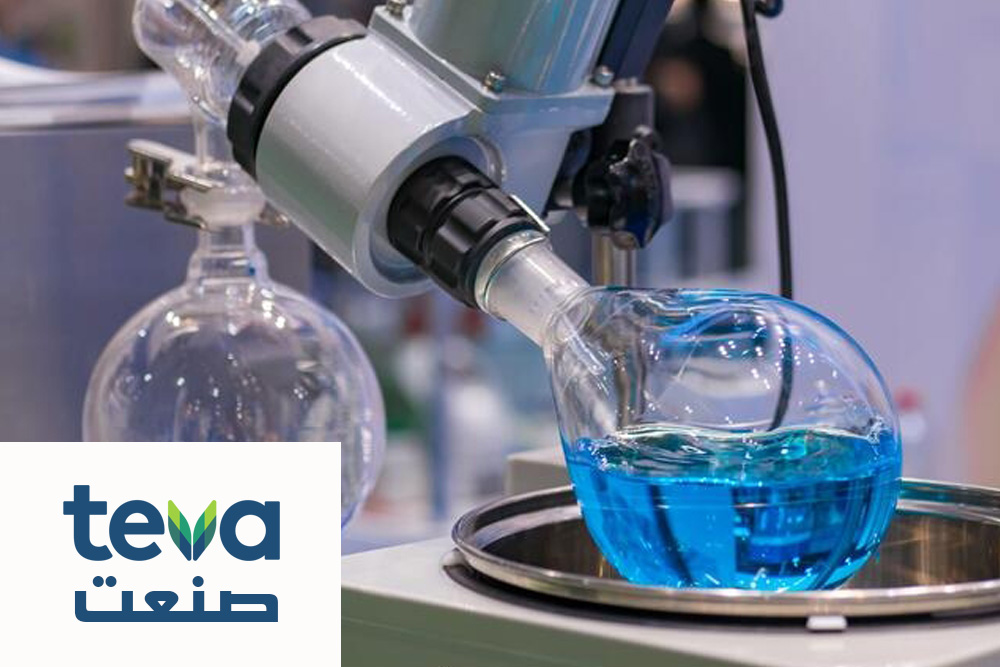Headache is one of the most common types of pain in patients. To relieve headaches, experts have recommended various chemical and non-chemical drugs to patients. Acetaminophen is one of the most common types of medication used to treat headaches. On the other hand, tea is the most common drink in the world. Previous research has shown that the alkaloids in tea can reduce the metabolism of acetaminophen.
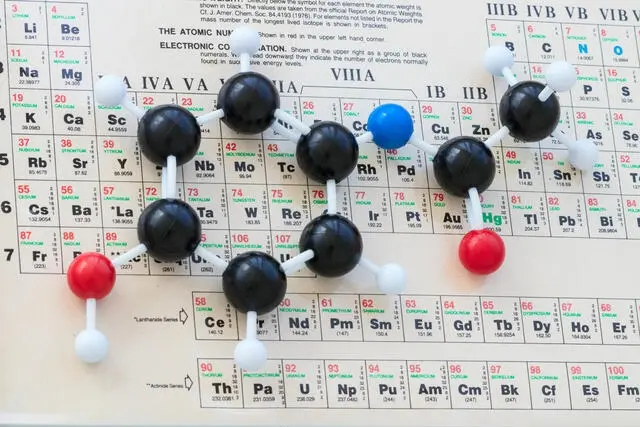
The purpose of this research is to investigate the effect of tea consumption on improving the effectiveness of acetaminophen. Investigation method to perform this test on 120 patients with headaches who came to the hospital. were selected to be studied in a one-sided blind test. 58 patients as the experimental group first drank a glass of tea and after 20 minutes they were given a 325 mg acetaminophen tablet. 12 patients in the control group first drank a glass of warm water instead of tea and after 20 minutes they were also given a 325 mg acetaminophen tablet. Pain intensity was determined by a questionnaire at two times. The first time to measure pain intensity was 15 minutes before receiving tea or hot water, and the second time was 60 minutes after receiving acetaminophen. The results showed that consuming tea before receiving acetaminophen significantly reduced pain intensity in the experimental group compared to the control group. In addition, there was no significant difference between the two groups in terms of age and gender. Conclusion From these tests, it can be concluded that drinking tea before taking acetaminophen improves the effectiveness of this drug.
The effect of tea on accelerating effectiveness
The tea tree with a height of about three meters has alternate and simple dark green leaves and single white and fragrant flowers that grow in the northern regions of Iran. The used part of the tea tree is its leaves, which are obtained after picking and roasting and performing tea processing. There are two types of tea, green and black, in the market, green tea is not fermented, but black tea is. Tea is used as the main drink in Iran. The medicinal properties of tea have been noted since ancient times. Full tea infusion accelerates breathing and blood circulation. Also, by consuming it, a feeling of renewal of energy and strengthening of thinking powers is created in a person. This drink has a therapeutic effect on arteriosclerosis and prevents its occurrence. In some people, drinking tea causes insomnia and may cause headaches, nervous tremors, paralysis, constipation, indigestion, weight loss and nervous disorders. The effective ingredients in black tea leaves dried for 20 minutes are tannins, caffeine (theine), essential oil, purines, xanthine, theophylline, adenine, and oxalic acid, and caffeine and purines present in it are among the most important substances affecting the nervous system. And they play an important role in the effects of tea.
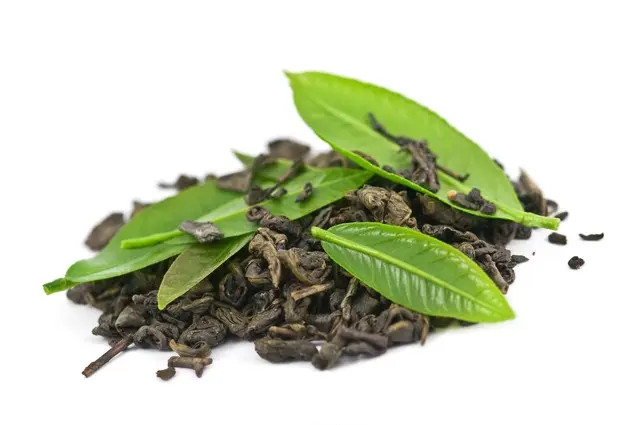
Headache is one of the most common types of pain in human society, which is considered the most important reason for visiting a doctor. In terms of pathology, there are different types of headache that have different causes. Except for headaches caused by cerebrospinal fluid pressure drop, headaches caused by migraine infection or headaches caused by intracranial tumors, other types of headaches can be easily relieved by using common painkillers such as acetaminophen. Acetaminophen is a non-steroidal anti-inflammatory drug that has a wide range of uses, including headache relief and fever reduction. This drug is now one of the most common drugs in medical prescriptions. Research has shown that taking too much acetaminophen can lead to liver toxicity and death. For this reason, the use of drugs that can help acetaminophen in the treatment of headaches is one of the goals of treatment systems. In this context, it is possible that low-risk herbal medicines can be an effective help. In previous research, the effect of taking acetaminophen and theophylline or caffeine has been investigated, but the results were not significant. One of the reasons for the failure in the previous research may be that both drugs were prescribed together and simultaneously, and as a result, there was no possibility of theophylline (or caffeine) influencing the work of acetaminophen. In the present study, the effect of pretreatment with tea that contains all its alkaloids. The efficacy of acetaminophen has been investigated.
Materials and Methods
In the present study, the effect of drinking a small glass of 100 cc before taking a 325 mg acetaminophen tablet on improving the effectiveness of the drug in reducing headache in 58 volunteers who referred to the medical center was studied. For this purpose, volunteers were asked to drink a glass of unscented tea bag tea prepared from an Iranian tea company 20 minutes before taking acetaminophen. 15 minutes before drinking tea and 10 minutes after taking acetaminophen, the amount of headache was measured with the McGill score once before and once after the intervention; This tool is in the form of a ruler, which is numbered from zero to ten, and the person in question is asked to indicate his pain level with one of the numbers of this ruler. In a group of 62 people, a glass of warm water was used 20 minutes before taking acetaminophen as a control group. The rest of the procedures were the same in both groups. The age of the participants was between 18 and 80 years and the average was 8.36 years. 79 of the participants were women and 44 were men (19 men and 39 women in the experimental group and 25 men and 37 women in the control group). The subjects were randomly assigned to the experimental or control group, and none of the subjects nor the experimenter knew the type of pill and its amount (one-way blind).
Discussion
The present experiment showed that the amount of pain reported in the experimental group was significantly reduced compared to the control group. This decrease was seen in both sexes and no significant difference was seen between the two sexes in this regard. Also, people’s age plays an important role in this current research to clarify a subtle point in the use of acetaminophen as a general painkiller with important hepatotoxic effects. The results of this research showed that drinking a cup of tea 20 minutes before taking acetaminophen increased the effectiveness of this drug. In this way, the positive interaction between acetaminophen and compounds in tea on reducing headache was proven in this study. Headache is one of the most important problems of human societies, which mankind has been looking for a way to relieve since a long time ago. Acetaminophen, as an analgesic drug, reduces the production of prostaglandins by inhibiting the enzyme cyclooxygenase II, thus inducing its effect in reducing headaches. Prostaglandins work by stimulating the enzyme adenylate cyclase and increasing the production of cyclic adenosine-mono-phosphate. In fact, it can be said that acetaminophen inhibits the production of cAMP in target cells and thus reduces headaches.
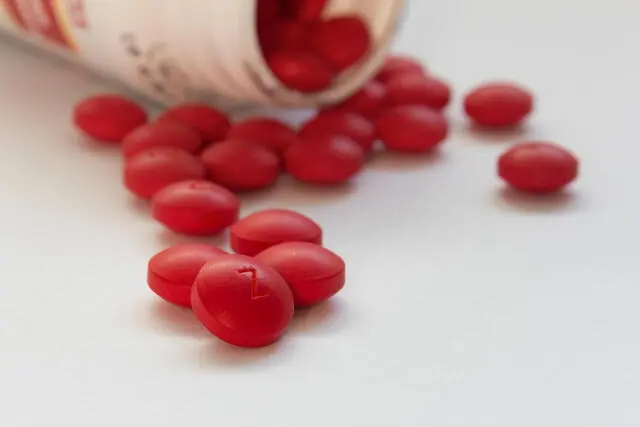
On the other hand, the main alkaloids of tea, such as caffeine and theophylline, belong to the category of xanthines and have different effects on the body. These alkaloids can reduce headache and do this by acting on A2 adenosine receptors and inhibiting them. Inhibition of these receptors leads to the inhibition of the increase in the intracellular level of cAMP, this effect is similar to the effect of acetaminophen and it seems that there is a kind of overlap between the effects of these alkaloids and acetaminophen when these substances are used together. Also, acetaminophen has the ability to stimulate the release of catecholamines from rat striatal segments, this effect is similar to that of methylxanthines. This similar effect may be involved in part of the observed response. On the other hand, the removal of acetaminophen from the body is done through the mediation of the cytochrome P-450 enzyme in the liver, and the alkaloids in tea inhibit the activity of this enzyme. In this way, it seems that combining a methylxanthine with acetaminophen can improve the effects of this drug. For this purpose, extensive research has been done on the possibility of increasing the effectiveness of acetaminophen by combining it with a methylxanthine such as caffeine, but the answers obtained have not been very satisfactory. The main reason for this may be that in past researches, these two drugs were used together. In our research, there was a time gap between the two drugs, which is the difference between this research and the previous research. Probably, this time interval has helped that the alkaloids in tea induce their effects, including inhibiting the enzyme cytochrome 450-P, stimulating the release of cholaamine minerals and inhibiting the production of cAMP in the body, and then acetaminophen performs its effects, and thus the effect Part of acetaminophen will improve. Unfortunately, there is no research or research in which the effect of non-simultaneous administration of acetaminophen and caffeine (or theophylline) has been investigated, and in the present study it was not possible to carry out this task, for this reason, the exact identification of the alkaloid from tea that is responsible for this improvement in the performance of acetaminophen does not exist. It is not possible to know that acetaminophen after entering the body is metabolized under the influence of different liver enzymes. Only about 5% of this drug is metabolized by the enzyme cytochrome 450-P, and this amount does not cause a toxic effect in the body even if it is taken daily up to 1/2 gram. When increasing the amount of the drug by inhibiting the above enzyme, this toxicity can be dangerous. be In this case, even amounts less than 1.2 grams of acetaminophen can be toxic. Considering this issue, it may be dangerous to first inhibit the cytochrome 450-P enzyme and then prescribe acetaminophen, but do not forget that inhibiting this enzyme can lead to a slower metabolism of the drug and thus improve the effectiveness of the drug. Gives – the same result that was achieved in our work. In this case, not only is this not dangerous, but it can also be useful. For this reason, it can be suggested that tea – as a general drink – be used when using acetaminophen to improve its effects. Of course, in this research, the effectiveness of drinking tea before acetaminophen on improving headache in people with migraine was investigated, but this can be considered in future research. However, the current research showed that tea has a good effect in improving the effectiveness of acetaminophen in reducing headaches, and this does not depend on age and gender. According to this, preparing the tea name extract and using it to reduce headache along with acetaminophen can be another effective step in reducing headache.

